One certain effect of war is to diminish freedom of expression
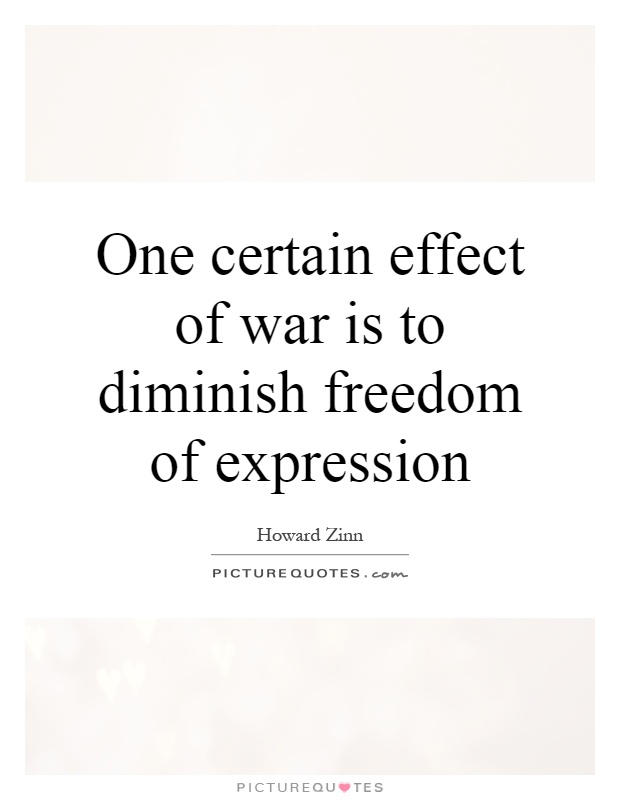
One certain effect of war is to diminish freedom of expression
Howard Zinn, a renowned historian and social activist, was a firm believer in the power of freedom of expression. Throughout his career, Zinn consistently advocated for the importance of individuals being able to speak their minds and challenge authority. However, Zinn also recognized that one certain effect of war is to diminish freedom of expression.In his seminal work, "A People's History of the United States," Zinn delves into the ways in which war has been used as a tool to suppress dissent and silence opposition. He highlights how governments often use the pretext of national security to curtail civil liberties and crack down on those who speak out against war. Zinn points to historical examples such as the Espionage Act of 1917, which was used to prosecute individuals who criticized the U.S. government's involvement in World War I.
Zinn also examines the ways in which war can create a climate of fear and censorship, making it difficult for individuals to express their true thoughts and opinions. He argues that the media often becomes complicit in promoting the government's narrative of war, stifling alternative viewpoints and dissenting voices. Zinn's analysis of the Vietnam War, in particular, highlights how the government's propaganda machine worked to silence anti-war activists and manipulate public opinion.
Furthermore, Zinn explores how war can lead to the erosion of civil liberties and the expansion of government surveillance and control. He warns of the dangers of a society in which dissent is criminalized and individuals are afraid to speak out against injustice. Zinn's critique of the post-9/11 era, with its widespread surveillance and erosion of privacy rights, serves as a stark reminder of the ways in which war can be used to justify the suppression of freedom of expression.
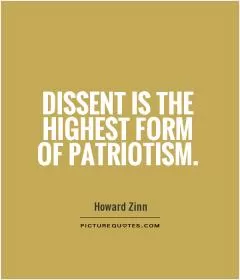
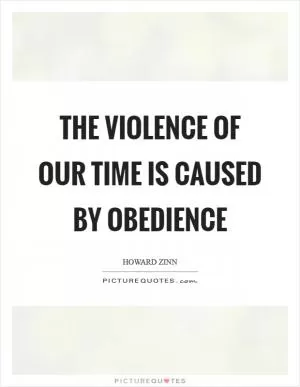
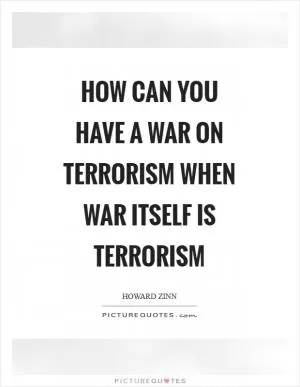
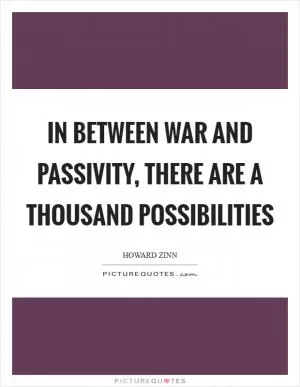
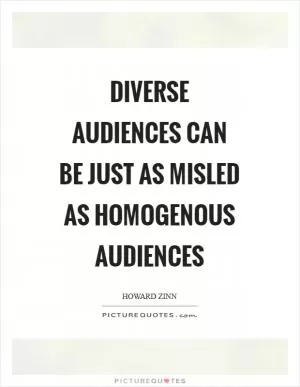
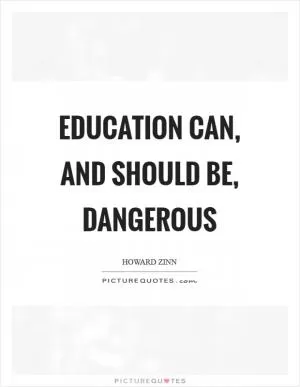
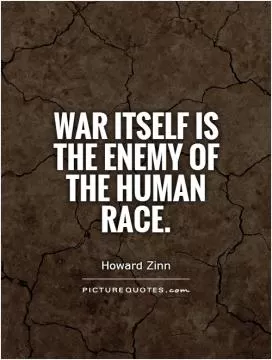
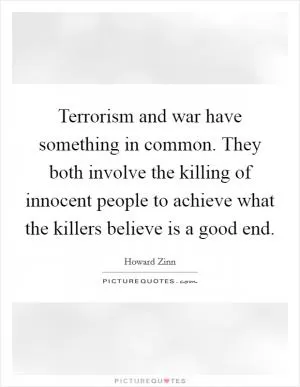
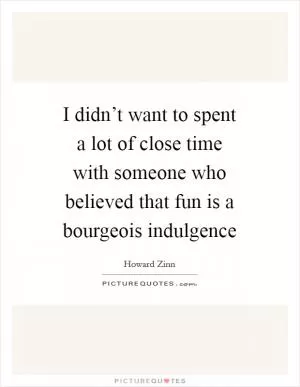
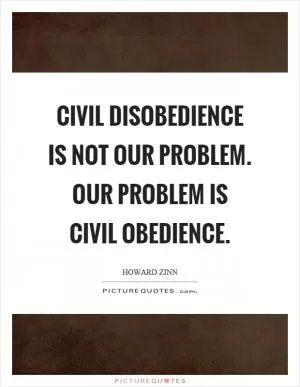
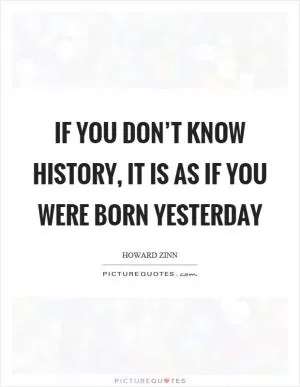

 Friendship Quotes
Friendship Quotes Love Quotes
Love Quotes Life Quotes
Life Quotes Funny Quotes
Funny Quotes Motivational Quotes
Motivational Quotes Inspirational Quotes
Inspirational Quotes